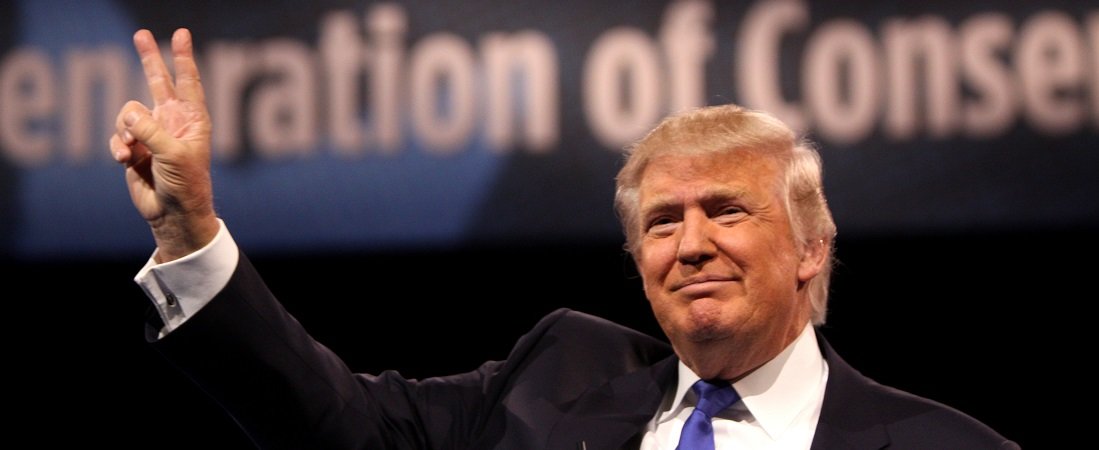When the United States woke up on the morning of Friday, June 24, it was overwhelmed with shock and disbelief. The United Kingdom had decided to leave the European Union. The New York Times declared “BRITISH STUN WORLD WITH VOTE TO LEAVE E.U.” while the Wall Street Journal dubbed the decision a “startling vote” that “rattled financial markets.” As Sterling and global stock markets plummeted, American institutions went into crisis management mode, with President Obama announcing that both the United Kingdom and the European Union “will remain indispensable partners for the United States”. Despite these calming efforts, by Sunday, June 26, the fear of contagion had gripped the country, with The New York Times asking whether “the post-1945 order imposed on the world by the United States and its allies [is] unraveling, too?”
On the face of it, this fear seems out of proportion. After all, the Brexit vote is not expected to pose severe consequences for the Unites States. Markets may be down for a while, but the brunt of the economic consequences are for the U.K to bear. And the direct geopolitical impact for the U.S. is limited because the lauded “special relationship” now allegedly under threat was already waning before the vote – despite the fact that President Obama felt the need to claim it would endure. Today, it is Germany, not the United Kingdom, that the United States is partnering with to maintain order in Europe and beyond – think the Ukraine crisis. Unsurprisingly, President Obama called German Chancellor Angela Merkel, the world leader to whom he is said to be closest, to discuss Brexit fallout after he had spoken to Prime Minister Cameron. And when it comes to “hard” power resources, where Britain remains a leader in Europe, the alliance to keep a resurgent Russia in check, NATO, remains fully intact.
The mood in the U.S. is sour, however, because Brexit is seen as a symptom of a larger cultural trend. The United States is itself in the midst of an ugly presidential campaign that, no matter the outcome, will prove historic. Central to this campaign is the visceral sense of economic crisis and political dysfunction. The Brexit vote reflects a growing sense of social exclusion in a world of stark economic inequality. It exposes the new fault lines between cosmopolitanism and parochialism that have opened up on both sides of the Atlantic. Kathleen R. McNamara, Professor at Georgetown, gives an acute summary in a recent Foreign Affairs article: “Given [the] harsh reality for the unemployed, the older, and the uneducated, the Remain campaign’s warnings about the economic disaster of Brexit carried little weight; many voters believed that their opportunities were closed off long ago. The clever marketing of the Brexit campaign, including the mantras ‘Take Back Control’ and ‘Breaking Point,’ spoke to very real senses of exclusion but offered few solutions; the reality is that British political dynamics, more than the EU’s rules, have created the United Kingdom’s social and economic problems.”
Furthermore, the victory of the “Leave” campaign shows how the deficiencies of digital democracy – the ready acceptance of post-factual discourse, the prominence of bullying and lying in the campaign, and the lack of accountability after the vote was cast — can be used by unscrupulous politicians to advance their own power while undermining the integrity of the political system.
The Brexit vote is a symptom of a deep crisis in Western culture: the triumph of passion and nativist identity politics over fact-based debate; the cynical mobilization of misled and ill-informed voters who feel threatened by globalization; the victory of anti-intellectualism over rational political discourse. All the elements of this crisis are present in the United States. Exhibit A is the rise of Donald Trump, who – serendipitously or strategically, nobody knows – was in the U.K. on June 24, in Scotland, where he “lauded the results and promoted his golf course,” as Politico commented somewhat acidly.
While many in the United States hope that the United Kingdom and the European Union will stay as closely intertwined as possible, if not reverse the decision, the Leave vote terrifies analysts, pundits and ordinary citizens. The fear is that, on Wednesday, November 9, the United States could wake up to a much more profound shock—one that really would be the unraveling of the West as we know it.

